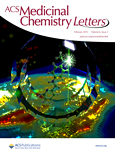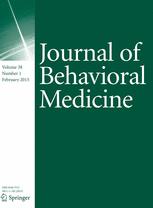 Drug researchers in India have lost their 2013 paper in ACS Medicinal Chemistry Letters because the first author fabricated findings.
Drug researchers in India have lost their 2013 paper in ACS Medicinal Chemistry Letters because the first author fabricated findings.
The article, by a group from the Maharaja Sayajirao University of Baroda, Vadodara, in Gujarat, was attempting to synthesize and screen novel clot-busting drugs; one compound exhibited the same activity as aspirin or warfarin, but without increasing bleeding time.
Sadly, it appears as if this potential medical advance was not to be. Here’s the retraction notice for “Novel 2-Aminobenzamides as Potential Orally Active Antithrombotic Agents”: Continue reading Misconduct dissolves paper on possible clot-busters








